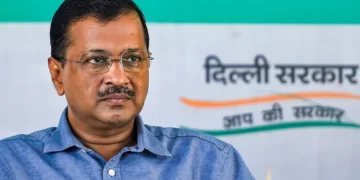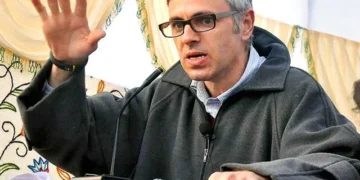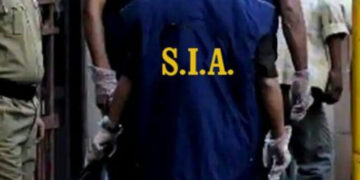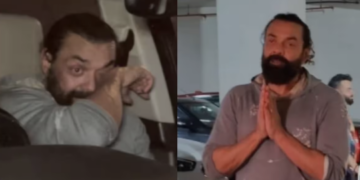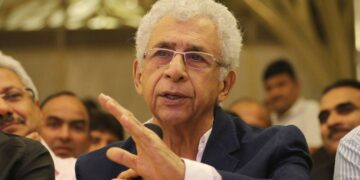A statement made by a minister cannot be attributed vicariously to the government by invoking the principles of collective responsibility, the Supreme Court said on Tuesday.
Justice V Ramasubramanian, who is a part of the five-judge constitutional bench, said, “Protection of fundamental rights relating to free speech and life and liberty can be effected against private persons and non-State actors too.”
He added, “The state is obligated to protect fundamental rights of people when impeded by private persons as well.”
No additional restrictions against free speech can be imposed except those mentioned under the Constitution, he added.
Justice BV Nagarathna said, “Public functionaries owe a duty at large to public and must be aware of examples they are setting for fellow citizens. No additional restriction can be imposed against the right to free speech.”
Justice Nagarathna dissented with the majority view, held rights under Articles 19(1) (a) and 21 can’t be claimed against private persons and non-State actors before constitutional courts, except in habeas corpus cases.
“If a minister’s views embodies views of the government as well and is reflective of government’s stance, vicarious and collective responsibility can be cast on the government”, the judge added, stating that it is for the Parliament to frame a law o bring additional restrictions on the right to free speech.
“It is for political parties to consider framing a code of conduct for its members for making speeches”, Justice Nagarathna said.


